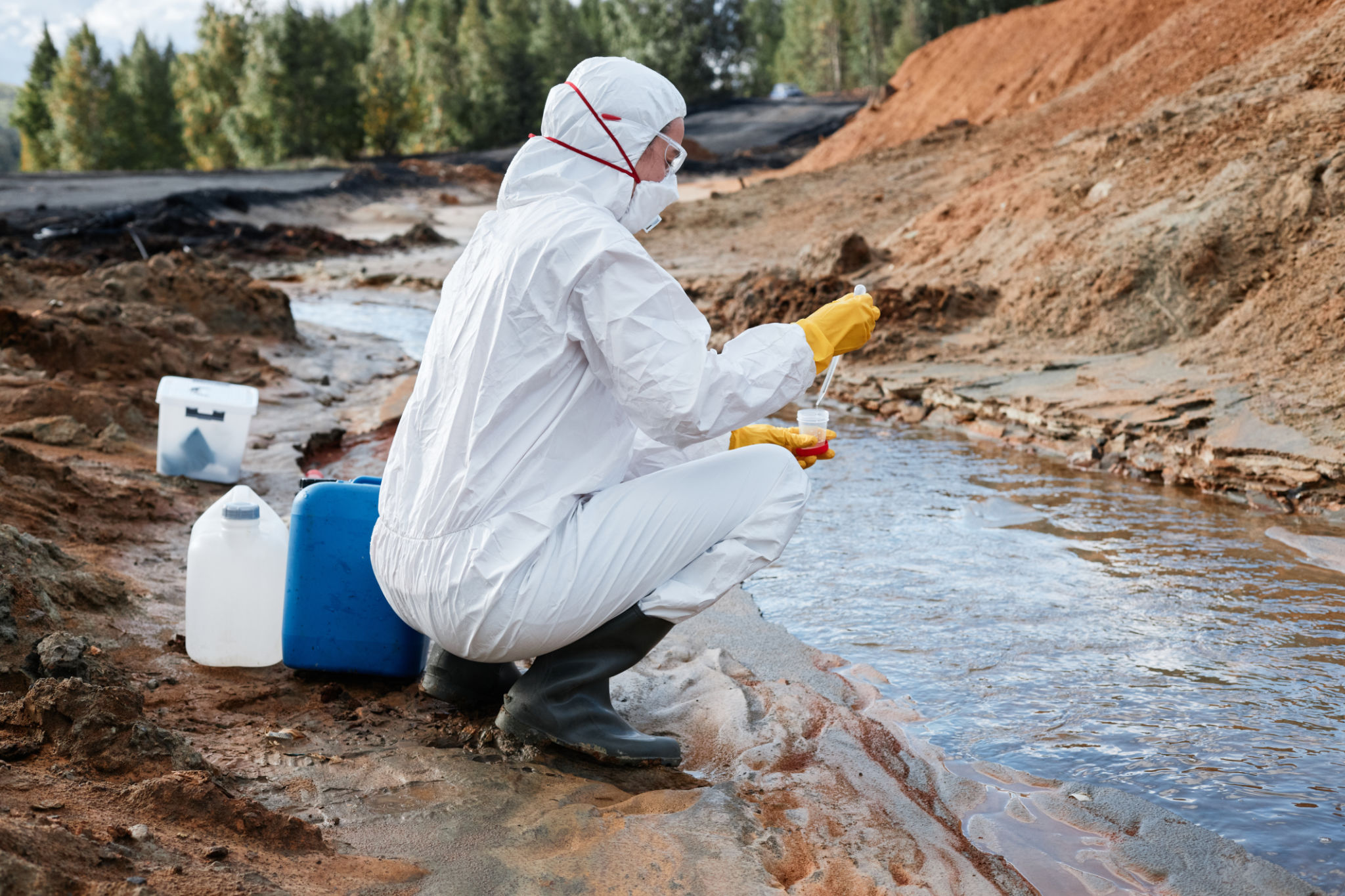Common Myths About Soil Screening: What You Need to Know
Understanding Soil Screening
Soil screening is an essential process for anyone involved in agriculture, landscaping, or construction. It helps determine the composition and health of the soil, ensuring it is suitable for various uses. However, despite its importance, there are several myths surrounding soil screening that can lead to misunderstandings or misuse of this valuable tool.

Myth 1: Soil Screening Is Only for Large-Scale Projects
One common misconception is that soil screening is only necessary for large-scale agricultural or construction projects. While it is true that larger projects often require more extensive soil analysis, even small-scale gardening or landscaping efforts can benefit from screening. Understanding the nutrient content, pH level, and contamination of the soil can significantly impact the success of any plant growth.
Myth 2: All Soils Are the Same
Another prevalent myth is that all soils are created equal, and therefore, screening is unnecessary. In reality, soils can vary greatly even within a small geographic area. Factors such as mineral content, organic matter, and contamination levels can differ significantly. Soil screening allows you to identify these variations and make informed decisions about soil amendments and planting strategies.

The Importance of Soil Screening
Soil screening is not just about identifying problems; it also provides insights into how to enhance soil quality. For instance, understanding the nutrient deficiencies or toxic elements present in your soil can help you choose the right fertilizers and amendments to improve plant health and yield. This proactive approach can save time and resources in the long run.
Myth 3: Soil Screening Is Expensive and Time-Consuming
Some people avoid soil screening because they believe it to be a costly and lengthy process. However, modern soil testing methods have become more efficient and affordable. Many testing kits are available for home use, allowing you to perform basic screenings quickly. For more comprehensive analysis, professional services offer fast turnaround times at reasonable prices.

How to Get Started with Soil Screening
If you're new to soil screening, start by identifying your specific needs. Are you concerned about contamination? Do you need to know the nutrient levels for planting? Once you've determined your goals, you can select the appropriate type of screening or testing service. Many local agricultural extensions offer testing services that can provide detailed reports and recommendations.
Conclusion: The Value of Accurate Information
The myths surrounding soil screening often stem from a lack of understanding about its benefits and accessibility. By debunking these misconceptions, we can appreciate the value of accurate soil information in enhancing agricultural productivity, ensuring environmental safety, and promoting sustainable practices. Whether you're a home gardener or a professional landscaper, soil screening is a crucial tool that should not be overlooked.
